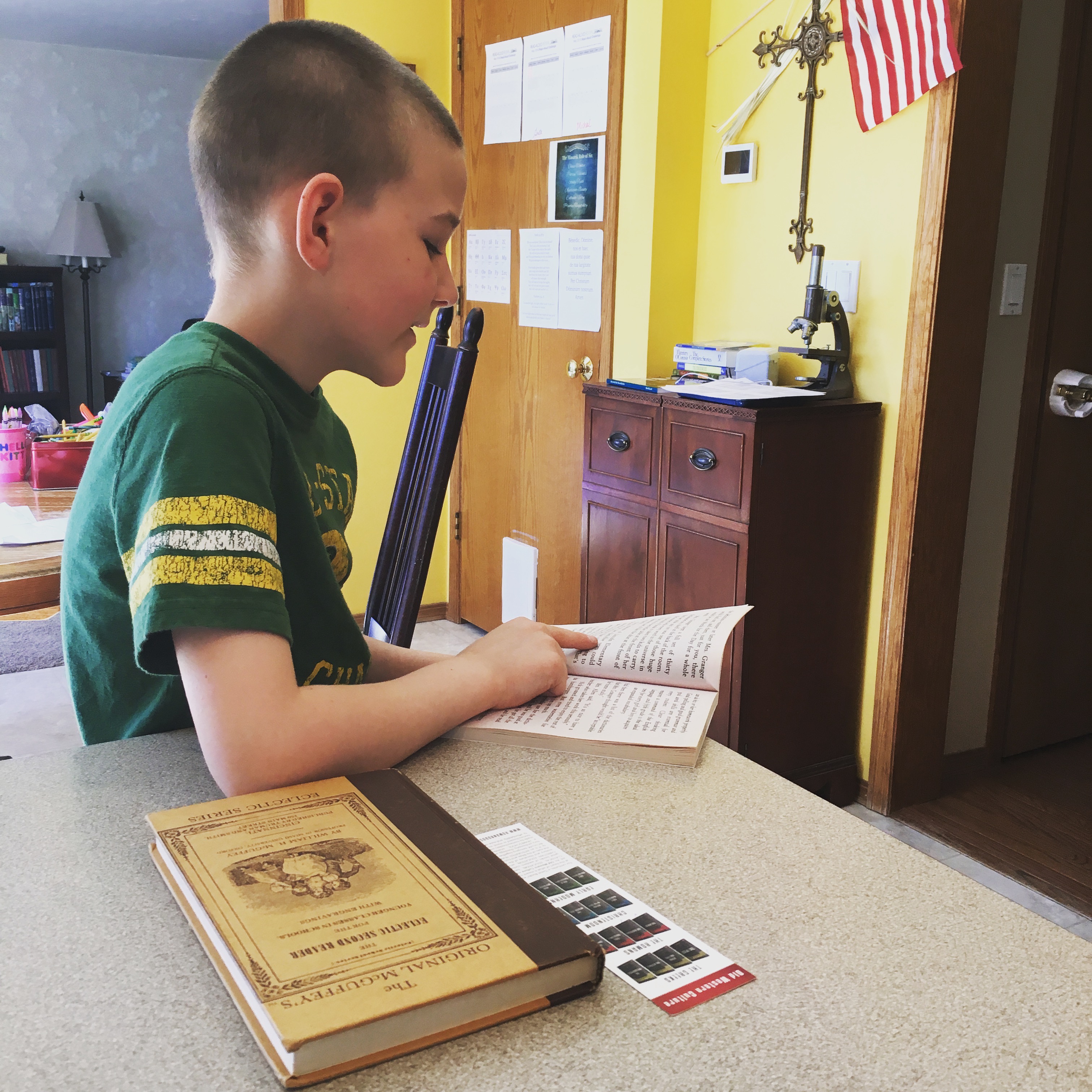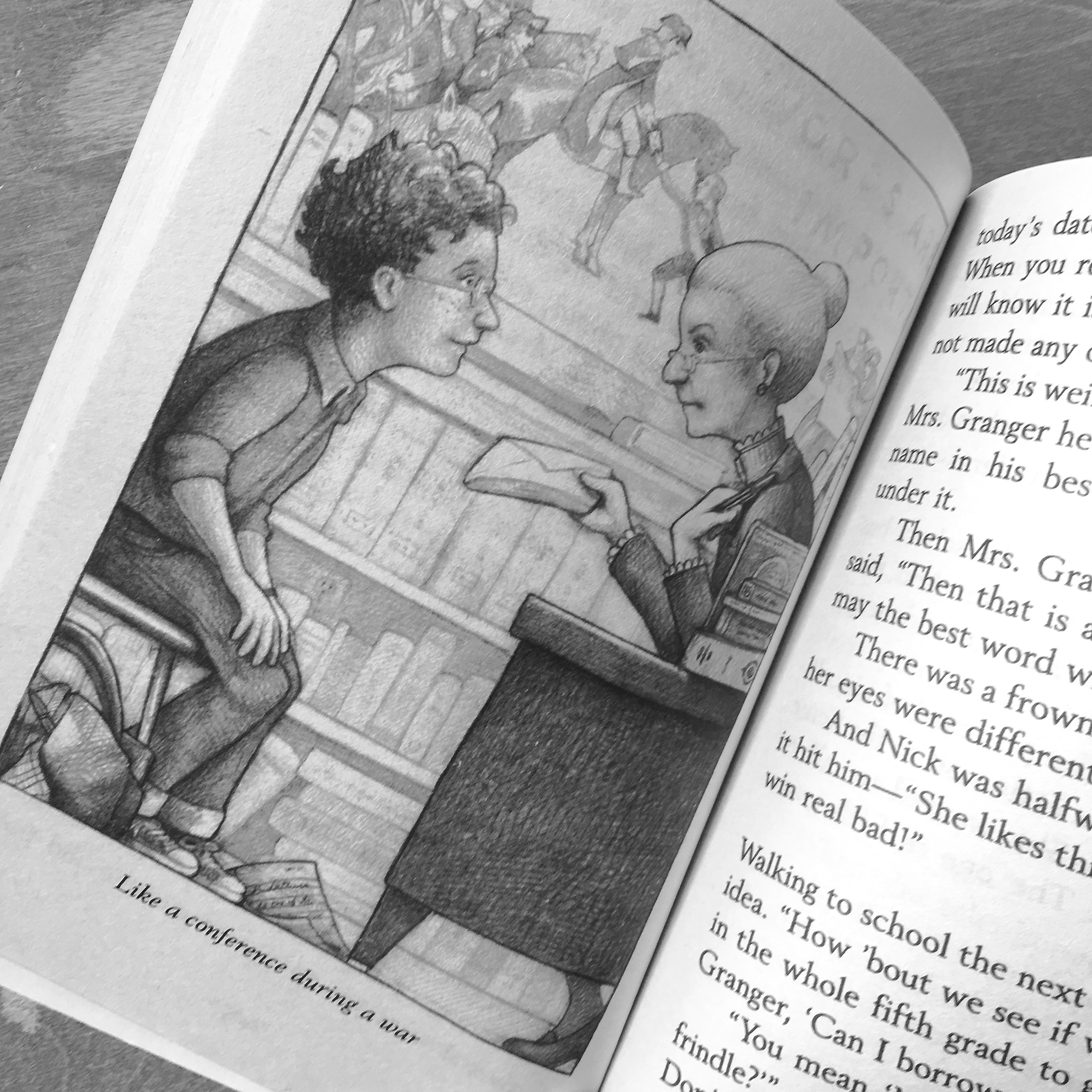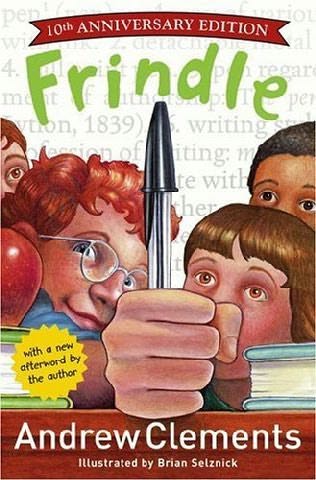“If you asked the kids and the teachers at Lincoln Elementary School to make three lists – all the really bad kids, all the really smart kids, and all the really good kids – Nick Allen would not be on any of them. Nick deserved a list all his own, and everyone knew it.” Frindle
When Beverly Cleary was a children’s librarian, exasperated teachers would send lively boys down to her library to find something to occupy their creative minds. (“Something more interesting than their textbooks,” as she says in the introduction to the audio Henry Huggins Collection.) These boys, probably, were not “really smart,” “really bad,” or “really good” students when they would invade her library. They were probably boys a lot like Nick Allen, and they were completely dissatisfied by the lack of books about “boys like themselves.”
Cleary’s boys were boys’ boys. Boys who did not have grand adventures. Boys who did not live in exotic places. Boys who were harmless, creative, and full of energy. Boys who had unique genius that didn’t flourish in a rigid classroom. Boys like Nick Allen of Lincoln Elementary School.
Nick Allen of Andrew Clements’s Frindle is a character possessed of the creative and lovable spunk of Ramona Quimby and the pragmatic ingenuity of Homer Price. In this little gem, we have a character who is bright, persuasive, and quintessentially boy. This is a boy’s book worth appreciating. And yes, girls will enjoy it too.
Frindle is magic. It is not full of magical themes like Harry Potter. The book, itself, works a kind of reading magic on boys.

My very bright, budding engineer views reading anything other than DK books or science magazines to be torture. Reading aloud is even worse because his inadequacies are exposed and his perfectionist tendencies are frustrated. Reading can just be painful for a tactile, “get it done” kind of boy who wants to channel his full potential into building, observing, chemically testing, and physics applying. Right now my family is participating in the Read Aloud Revival 31 Day Read Aloud Challenge. This means that my son’s least favorite chore has to be done for 15 minutes a day – every day.
For a science boy like mine, Frindle is magic. Frindle took a painful task and made it a magical, boy-led “read aloud” experience that peppered my kitchen with giggles and delight.
I know the power of stories. I want my son to love reading and appreciate the art of reading aloud. I will work pretty hard to find books that tickle his funny bone and awaken his curiosity, but I won’t compromise his moral imagination by giving him twaddle or stories that support the wrong values. Finding books that invite him to overcome his insecurities but maintain a high standard for worthiness is a tall order.

I confess, the first few chapters, I was a little worried. I was concerned that the story might have a mildly subversive agenda in the way that it pitched Nick against his teacher and principal. I worried that the news reporter was communicating a disrespect for authority and a disregard for the hard work that teachers and administrators do every day. Since I was a teacher and my husband is a high school administrator, we have been stung by those themes too many times in modern fiction. But, Clements is better than that, and he leave clues throughout that gave me the confidence I needed to trust the story to unfold.
“I want you to sign your name and put today’s date across the back of the envelope. When you read it, whenever that may be, you will know that it is the same letter, and that I have not made any changes to it.” (Mrs. Granger to Nick, Frindle)
Nick is a very bright, very creative, very disruptive, but generally pretty good kid. Nick’s parents appear to be intelligent, confident, and respectful of the school staff. When Nick’s idea gets a little out of control, even Nick is concerned about the ill effect that it could have.

As we read, we discover that Nick’s parents are uncertain as to what is the appropriate course of action. They want Nick to show his teacher respect, but they also understand his position. Clements wisely has the parents disagree with each other so that we can both cheer for Nick and cheer for Mrs. Granger.
There is a poignant section around the main turning point of the story. “So for the first time in his life, Nick kept a good idea to himself… and that changed Nick.” Our wholesome hero was learning the bittersweet unintended consequences of his actions. Instead of going it alone, however, his “enemy” was the one cheering him on. “And Nicholas, you have great things to do in this life. I’m absolutely sure you do, and you mustn’t let a few hard days trick you into clamming up.”
I was satisfied with the wholesome hints throughout. I was intrigued by the story. I was willing to let my children read it as something better than twaddle but less than classic.
In the last ten pages, however, the story goes from a modern child hero story to something far more worthy. The ending really does put the whole story in context, and it showcases the essential goodness of each of our heroes.
“When I visit a school and walk into that school, I feel exactly like I did when I was in third grade walking into school… in a sense, I think that childhood itself is a kind of constant.” (A Walk With Andrew Clements, Amazon Book Trailer)
I think that Clements shares with Beverly Cleary a specific kind of love for kids, and his writing speaks to them in a meaningful way. This book gives ingenious kids the kind of approval that they probably don’t get much of, but it also mentors them to channel that genius into good things.
At 105 pages, Frindle is a confidence building read for children who are taking their first steps into full length chapter books. The writing is accessible but the vocabulary is appropriately challenging. The plot is ultimately wholesome and pretty authentic. Three cheers for Frindle and the magic it can work on reluctant readers!

I love that one, too! I read it with my boys a year or so ago. I’ve liked most of Andrew Clement’s books that I’ve read; they all seem to have a surprise twist near the end.
That is what I have heard about his books! We have several more here from the library and I hope that my reluctant reader will dig into them! 🙂